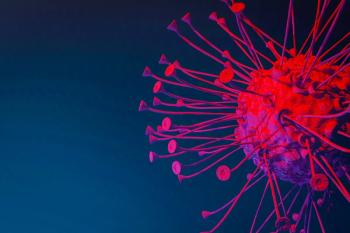
The phase 1b KEYNOTE-B79 trial of CYAD-101 for mCRC is expected to initiate in Q4 2021.

The phase 1b KEYNOTE-B79 trial of CYAD-101 for mCRC is expected to initiate in Q4 2021.
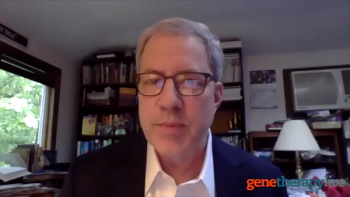
The president, chief executive officer, and director of Mustang Bio discussed the company’s pipeline.
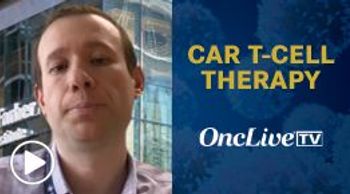
The physician at the Dana-Farber Cancer Institute and instructor in medicine at Harvard Medical School discussed future research with CAR T-cell therapy in multiple myeloma.
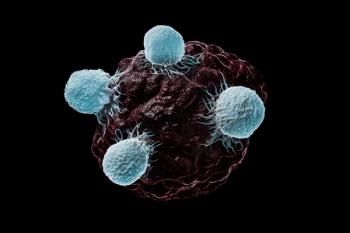
Findings from an ongoing phase 1 trial were presented at the 2021 ASGCT meeting.
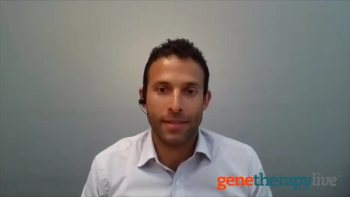
The founder and chief executive officer of SQZ Biotech discussed the potential of their APC platform to treat a variety of tumors.
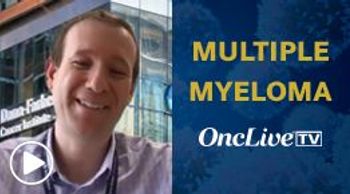
The physician at the Dana-Farber Cancer Institute and instructor in medicine at Harvard Medical School discussed reasons to evaluate cellular therapy in multiple myeloma.
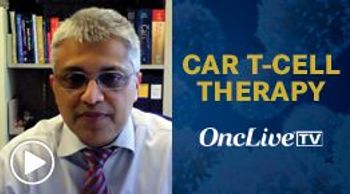
The hematologist from Mayo Clinic discussed the integration of CAR T-cell therapy into the treatment paradigm for heavily pretreated multiple myeloma.
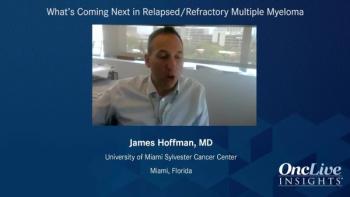
James Hoffman, MD, leads a discussion about recently approved therapies and exciting future treatment options for relapsed/refractory multiple myeloma.
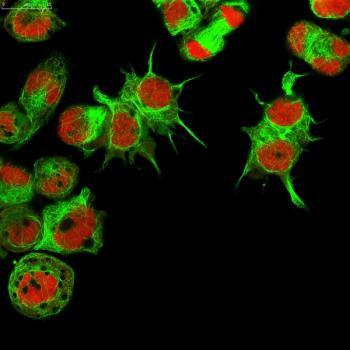
Early safety and efficacy data support the use of natural killer T (NKT) cells in patients with stage IV relapsed/refractory neuroblastoma.
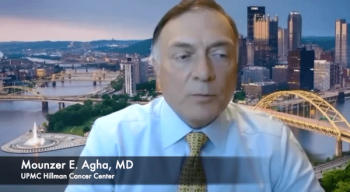
The director of the Mario Lemieux Center for Blood Cancers at UPMC Hillman Cancer Center discussed strategies to manage AEs associated with CAR T therapy.
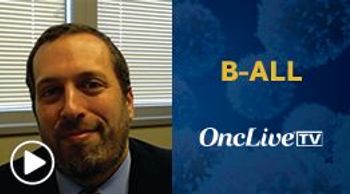
The hematologic oncologist at the Levine Cancer Institute discussed the clinical implications of tisagenlecleucel in the treatment of patients with B-cell acute lymphoblastic leukemia.
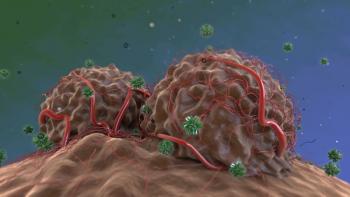
The TiTAN-1 clinical trial is assessing the effect of GEN-011 on melanoma and various types of carcinomas.

With advancements happening at unprecedented rates, these are the cell and gene therapy companies and pipelines we’re keeping a close eye on.
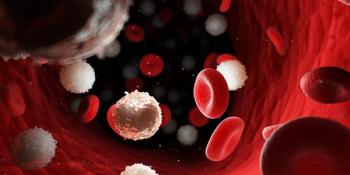
The clinical-stage biotech company recently announced the expansion of their phase 1 trial of CYNK-001 in patients with relapsed/refractory acute myeloid leukemia.
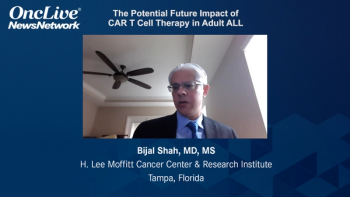
Eunice Wang, MD, and Bijal Shah, MD, MS, discussed unmet needs for adult patients with relapsed/refractory ALL and reflect on the current treatment landscape.
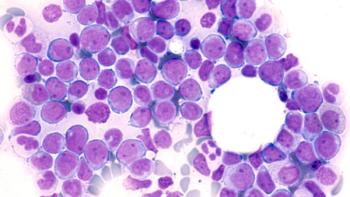
Janssen hopes that Vor’s stem cell therapy will allow their bispecific antibody to be better-tolerated.
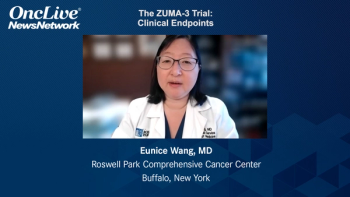
Bijal Shah, MD, MS, and Eunice Wang, MD, discussed the use of clinical endpoints like CR, CRi, and CRh as they relate to the ZUMA-3 trial of CAR T cell therapy.
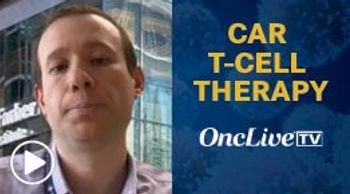
Adam Sperling, MD, PhD, from the Dana-Farber Cancer Institute, and an instructor in medicine at Harvard Medical School, discussed managing CAR T-cell therapy–related toxicities in multiple myeloma.
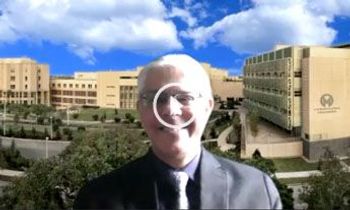
The hematologist from Moffitt Cancer Center discussed the timing of treatment with chimeric antigen receptor T-cell therapy in patients with acute lymphoblastic leukemia.
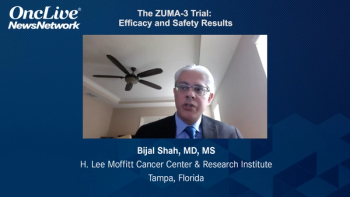
Bijal Shah, MD, MS, and Eunice Wang, MD, discuss efficacy results of the ZUMA-3 trial of chimeric antigen receptor (CAR) T-cell therapy for acute lymphocytic leukemia (ALL), and review key safety data.
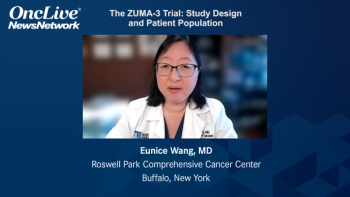
Eunice Wang, MD, and Bijal Shah, MD, MS, discuss the overall study design and patient population of the ZUMA-3 trial of CAR T-cell therapy in adult patients with R/R ALL.
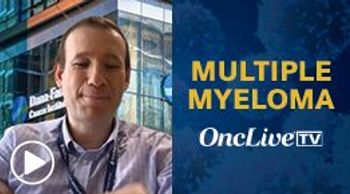
The physician at the Dana-Farber Cancer Institute and instructor in medicine at Harvard Medical School discussed future directions that ide-cel research may take.
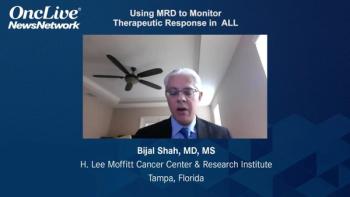
Eunice Wang, MD, and Bijal Shah, MD, MS, discussed the use of MRD status to assess therapeutic response and guide treatment decisions in patients with relapsed/refractory ALL.
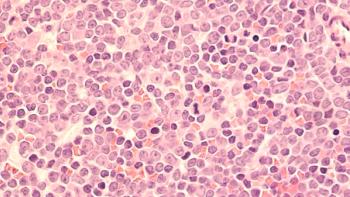
Leo I. Gordon, MD, and others discussed second-line treatment of diffuse large B-cell lymphoma.
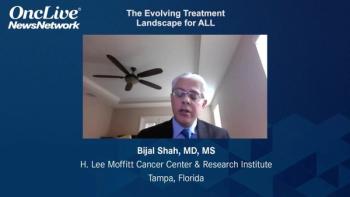
Eunice Wang, MD and Bijal Shah, MD, MS, discuss novel agents and emerging therapeutic approaches for the treatment of acute lymphoblastic leukemia.